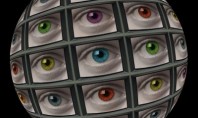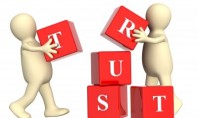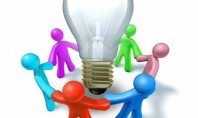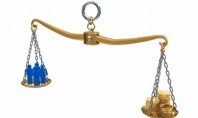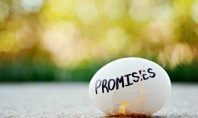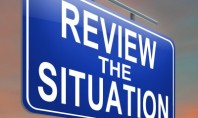Trust and the bottom line
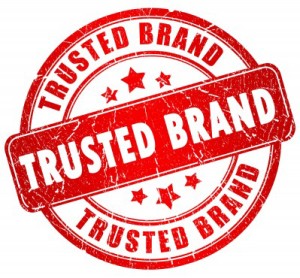
In a previous post I argued that trust was a central and massively important part of what is involved in being human, and social, and living a good life. And I’m aware that that sounds terribly soft and earnest and, in these cynical times, hopelessly naïve. So I’ve been looking at what economists, often a pretty hard-nosed and unromantic lot, have to say about trust. It turns out that what they have to say is pretty startling.
For instance, according to Steve Knack, a senior economist at the World Bank, it is responsible for the majority of the difference between how rich the richest countries are, compared with how poor the poorest countries are. He points out that “if you take a broad enough definition of trust, then it would explain basically all the difference between the per capita income of the United States and Somalia”. In fact, he estimates that 99.5% of US GDP is dependent on trust. In terms of the difference between the wealth of the US and that of Somalia, that makes trust worth $12.4 trillion dollars a year to the U.S.
Where does this extraordinary figure come from? The core idea is that modern economies are characterised by their economic differentiation and the specialisation of skills and activities, and that there is almost nothing that we do that doesn’t depend on someone else. For instance, when I wake up in the morning I do so because I’m woken by a radio. This was designed in Japan, made in Vietnam, from components made in Singapore, using raw materials from Australia and China and lots of other places, using ideas developed in Bell Labs in New Jersey, imported on a ship built in Norway powered by oil pumped from the deserts of Saudi Arabia, and so on. And that’s just waking up.
The point here is that in order for these complex products and activities to take place we depend on a pervasive trust in other people. And these are predominantly people we have never met, and never will meet. One of our great unnoticed achievements is that we have extended the bonds of trust from the personal and intimate relationships with our family and friends to encompass complete strangers. These bonds of trust then allow us to create amazing things, from staging the Olympics, to putting spacecraft on Mars, to delivering our daily loaf of bread.
Francis Fukuyama, who famously announced “the end of history” later published a book about trust and its relation to the economic success of nations (Trust: The Social Virtues and the Creation of Prosperity, 1996). He argued that high levels of trust between people within a society were a necessary prerequisite for economic success: “a nation’s well-being, as well as its ability to compete, is conditioned by a single, pervasive cultural characteristic; the level of trust inherent in that society”. He argued that the countries which were the post-WWII economic powerhouses, for instance Germany and Japan, were those that had the highest levels of trust.
But that trust has to be carefully maintained and developed, and when trust is destroyed the bottom line costs of that are also massive. For instance, the recent revelations concerning the US’s National Security Agency’s PRISM surveillance program, the involvement of major US internet companies in that program, and the dubious legal and constitutional status of this surveillance isn’t just an issue of privacy, civil rights and political debate.
The Financial Times recently reported growing evidence that non-US companies were cancelling contracts and pulling out of US-based cloud services because of their concerns about the privacy and security of their data. Reporting an analysis by the Information Technology & Innovation Foundation, the FT estimated that the US cloud computing industry could lose between $21.5bn to $35bn in revenues over the next three years because client companies, particularly non-US companies, no longer felt that they could trust US-based companies. $35bn is a pretty big bill for loss of trust in anybody’s language.
So, trust and trustworthiness clearly have value, and that value can be recognised and calculated by economists (and those even more hard-nosed beings, accountants and CFO’s). Given how important this seems to be, perhaps annual company statements should report not only the revenue they earned and the profits they made, but also the gains or losses suffered in their “Trust Account”, because that might be the best predictor of all of their future profitability?



